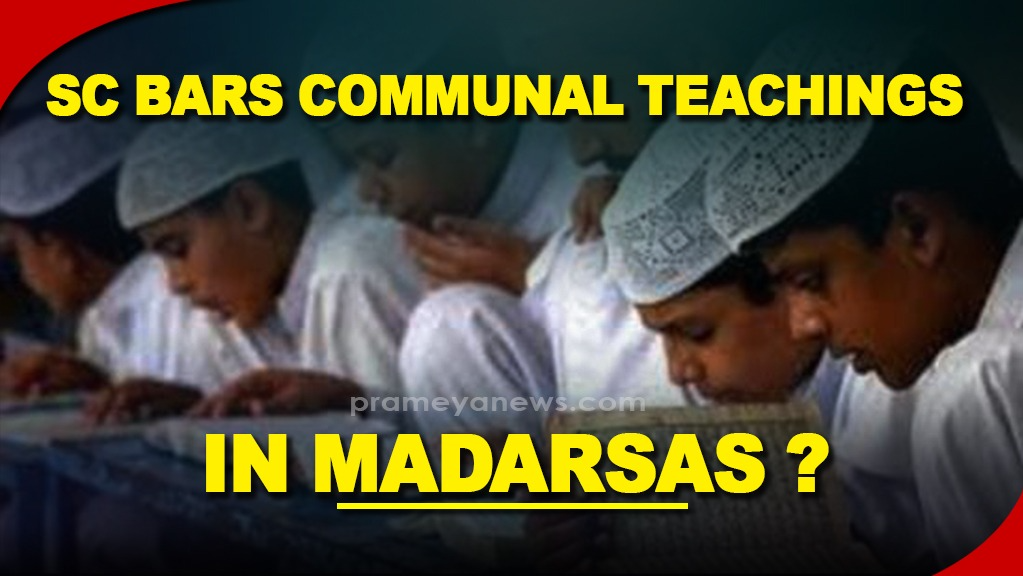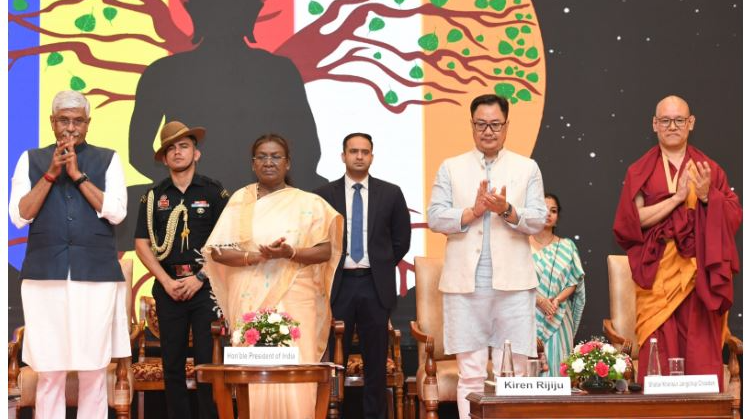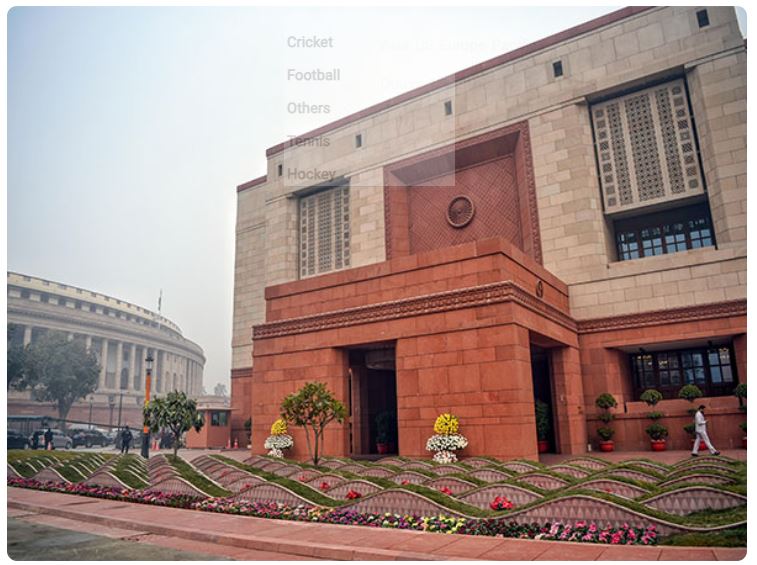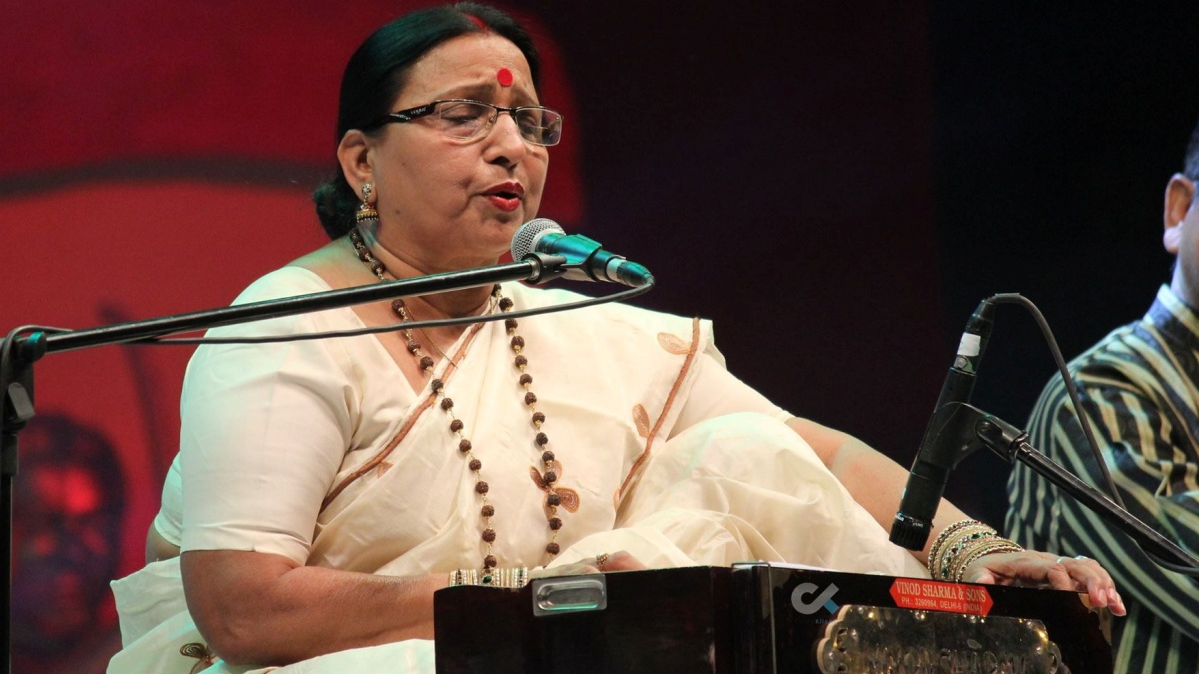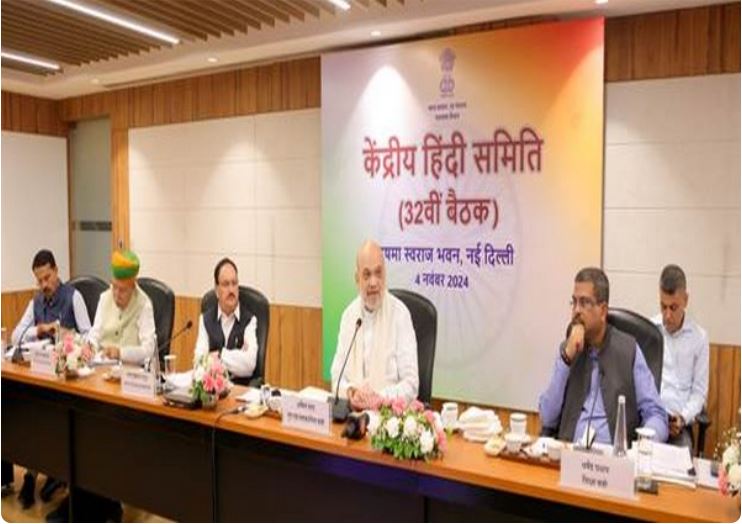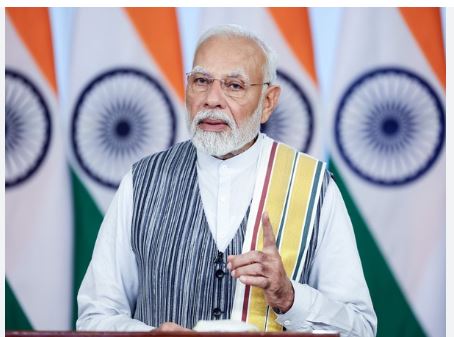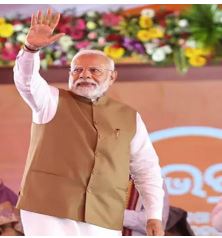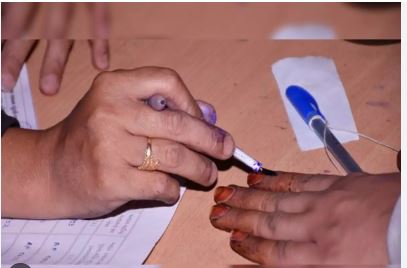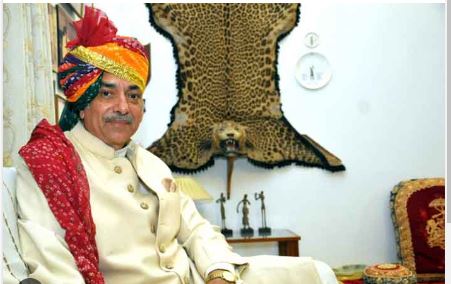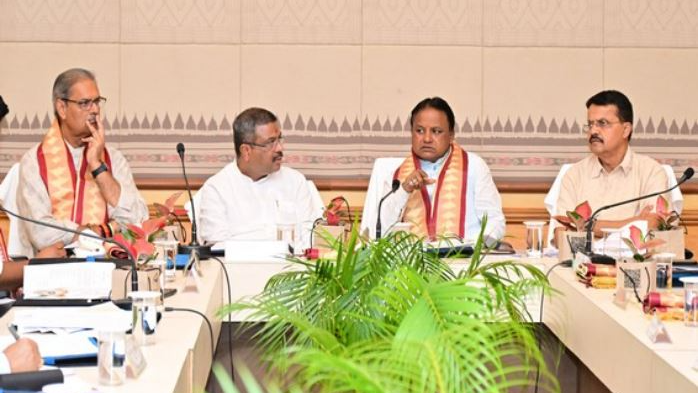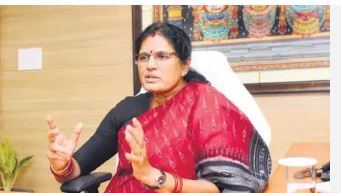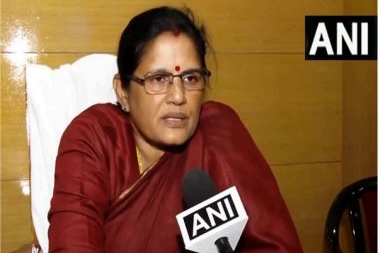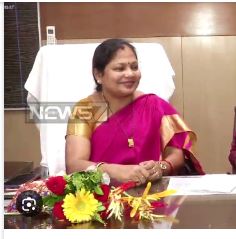Bhubaneswar: In a significant ruling having wider ramifications, the Supreme Court Tuesday upheld the constitutional validity of the 'Uttar Pradesh Board of Madarsa Education Act 2004'. The Apex court has simultaneously set aside the March 22 Allahabad High Court judgment that termed the UP Board Madarsa Education Act as unconstitutional.
Even as the country’s Apex court upheld the constitutional validity of Madarsa Education Act, the court order has laid down certain guidelines on Madarsa education which are seen as big check on the madarsas who overtly provides communal teaching in the name Islamic studies and philosophy.
As per the Uttar Pradesh Board of Madarsa Education Act, 2004, Madarsa-education means including education in Arabic, Urdu, Persian, Islamic-studies, philosophy and other branches of learning as may be specified by the Uttar Pradesh Board of Madarsa Education.
However, the Act was challenged on the ground that it goes against the principle of secularism.
MADARSAS VIOLATE SECULARISM?
On March 22, this year, the Allahabad High Court has declared the 'UP Board of Madarsa Education Act 2004' as UNCONSTITUTIONAL for violating the principle of Secularism.
PRINCIPLE OF SECULARISM IN INDIAN CONSTITUTION
The distinct features listed below.
1. State Neutrality: The state does not identify with or be controlled by any particular religion.
2. Equal Treatment: While individuals have the right to practice any religion, the state does not show preferential treatment to any religion.
3. Non-Discrimination: No person is discriminated against by the state based on their religion or faith.
4. Right to Office: Every citizen, subject to general conditions, has the right to enter any state office and religious tolerance is fundamental to secularism.
5. Fraternity and Unity: Secularism aims to create a fraternity among the Indian people, ensuring both individual dignity and national unity.
A glance at the above principles of secularism enlisted in Indian constitution amply clarifies that the while all the 5 are sovereign duties of the government in power, Principle 5 also puts the onus on citizenry in general , and institutions that are minority in nature.
ARGUMENTS AGAINST MADARSAS
The primary argument against the Madarsas in the Apex court and Allahabad HC has been the following
- It fails to provide quality compulsory education up to the age of 14 years/Class-VIII, as is mandatorily required to be provided under Article 21A of the Constitution of India.
- It fails to provide universal and quality school education to all the children studying in madarsas, as is mandatorily under Article 21 of the Constitution of India.
- Thus, it violates the fundamental rights of the students of the madrasas.
WHAT SUPREME COURT SAID?
Since the Allahabad High Court has struck down the Act on the ground that it violated the basic structure principle of secularism, the Supreme Court held that statute (law) can be struck down only if violates fundamental rights under Part III of the Constitution or violates provisions regarding legislative competence.
The order is read as "The Constitutional validity of a statute (law) cannot be challenged for violation of the basic structure of the Constitution. In a challenge to the statute for the violation of the principles of secularism, it must be shown that the statute violates provisions of the Constitution pertaining to secularism. The High Court erred in holding that the statute is bound to be struck down if it is violative of the basic structure."
WHAT IS BASIC STRUCTURE OF CONSTITUTION?
The basic structure of the constitution has been aptly described by the majority (7 judges) judgment of the Constitutional bench of Supreme Court in the famous Keshavananada Bharati case. What the majority judges describe about the basic structure of constitution is given below.
Chief Justice SM Sikri explained basic structure as:
• Republican and democratic form of government
• Secular character of the Constitution
• Separation of powers between the legislature, executive and the judiciary
• Federal character of the Constitution
Justice Shelat and Justice Grover added 2 more basic features
• Mandate to build a welfare state contained in the Directive Principles of State Policy
• Unity and integrity of the nation
Justice Hegde and Justice Mukherjea identified a separate and shorter list of basic features:
• Sovereignty of India
• Democratic character of the polity
• Unity of the country
• Essential features of the individual freedoms secured to the citizens
• Mandate to build a welfare state
Justice Jaganmohan Reddy stated that elements of the basic features were to be found in the Preamble of the Constitution as:
• Sovereign democratic republic
• Parliamentary democracy
• 3 organs of the State
The above description of the basic structure of Constitution by 7 judges who form the majority judgment in Keshavananda Bharti case has the following common ground that outlines the basic structure of constitution as following.
- Soverign India
- Democratic and Republic India
- Securalism
- Unity and Integrity
- Welfare state
- Protect individual freedom
- Federal character
- Power segregation between the 3 organs of State.
Going by the above definition of the Basic structure of the Constitution, the SC order Tuesday said a law can be annulled if it violates basic structure of the constitution, but it need to be proved that how it violated basic structure of constitution – secularism.
SUPREME COURT ORDER FINE PRINT
As per the order of the 3 –Judge Bench of CJ Chandrachud, J Pardiwala and J Manoj Misra, a law can be struck down if it violates fundamental rights enshrined in Part III of constitution or it violates provisions regarding legislative competence.
The order reads as
- The objective of the Madarsa Act is to regulate education given in madarsas recognized by the board.
- The court finds the objective valid as per the Constitution.
- SC holds that Madarsa Act is in tune with the positive obligation of the State to ensure students studying in recognized Madarsas attain a level of competency that allow them to actively participate in society and earn a living.
- This definitive ground shown by SC is to prove that the State has the legislative competency to bring the Madarsa Act
- Moreover, as per Article 21A and the Right to Education Act, it is the right of religious and linguistic minorities to establish and administer educational institutions of their choice.
- Therefore, the Act is valid.
TWIST IN FINE PRINT: SC BARS COMMUNAL TEACHINGS?
However, the SC order has the following that tells what education Madarsas need to provide to students studying there.
- The Board with approval of the State Government can enact regulations to ensure that religious minority educations impart secular education of requisite standards without destroying their minority character.
- Provisions of the Madarsa Act which seek to regulate higher education degrees such as 'fazil' and 'kamil' are unconstitutional as they are in conflict with the UGC Act which has been enacted under Entry 66 of List 1
ENTRY 66 IN UNION LIST (LIST 1)
As per the Entry 66 in the List 1 or Union list, it states that Parliament has the exclusive right to legislate on matters pertaining to co-ordination and determination of standards in institutions for higher education or research and scientific and technical institutions.
As such, SC holds that State has no power to legislate an Act that can regulate higher education degrees.



